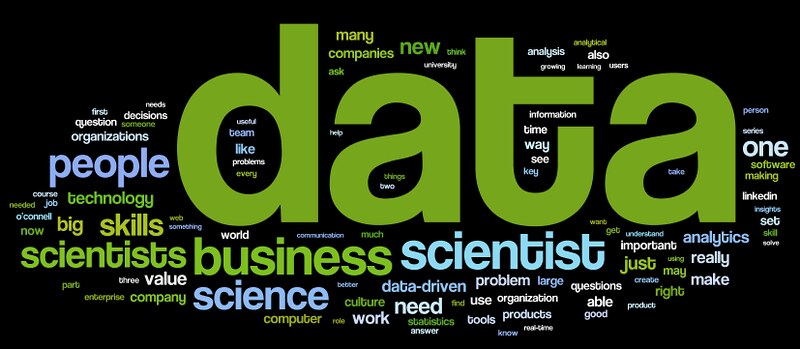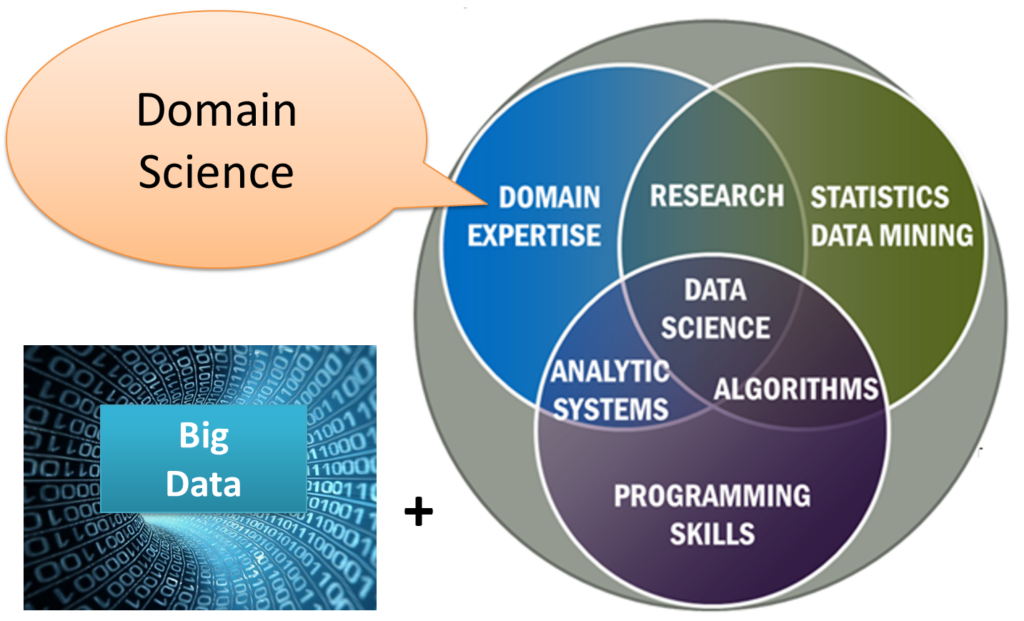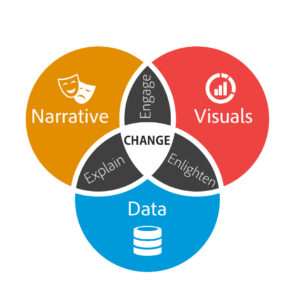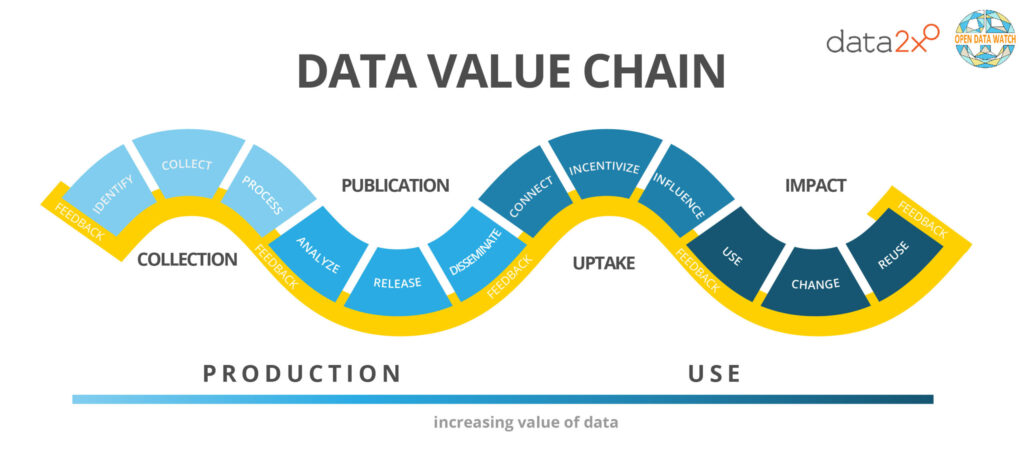Data science is the field that combines statistics, mathematics, programming, and domain expertise to extract insights and knowledge from data. Data scientists are responsible for collecting, analyzing, and interpreting complex data sets to help organizations make more informed decisions.
At the core of data science are the skills to wrangle, clean, and analyze data from a variety of sources. Data scientists must have a strong foundation in statistics and machine learning to develop predictive models and uncover hidden patterns in data. Programming languages like Python and R are essential tools in a data scientist’s toolkit.
Beyond the technical skills, effective data scientists possess critical thinking abilities and business acumen to translate data-driven insights into actionable strategies. They collaborate cross-functionally to understand the challenges faced by an organization and determine how data can be leveraged to solve problems and drive innovation.

As businesses across industries generate exponentially more data, the demand for skilled data scientists continues to grow. Organizations are seeking professionals who can transform raw data into competitive advantages through data-informed decision making. A career in data science offers both intellectual challenge and immense opportunity in today’s data-driven world.
Data (Information) science is the field of study that joins measurements, arithmetic, and software engineering to separate important experiences from information (Data). Data Scientists (Information researchers) assume a vital part in associations by changing crude Data (information) into significant data that can drive key navigation (Decision Making).
At the core of data science are the processes of collecting, organizing, analyzing, and interpreting data. Data scientists leverage a diverse set of tools and techniques, including machine learning, statistical modeling, and data visualization, to uncover patterns, trends, and correlations within large and complex datasets.

The demand for skilled data scientists has skyrocketed in recent years as businesses across industries recognize the immense value that data-driven insights can bring to their operations. From predicting customer behavior and optimizing marketing campaigns to identifying operational inefficiencies and mitigating risks, data science has become an indispensable asset in the modern business landscape.
By harnessing the power of data, organizations can make more informed decisions, enhance their competitive edge, and drive sustainable growth. As the volume and complexity of data continue to grow, the role of the data scientist will only become more vital in shaping the future of business and innovation.
The role of a data scientist is to uncover hidden patterns, trends, and insights that can inform critical business decisions. By applying statistical and machine learning algorithms, data scientists can extract valuable insights that can drive innovation, improve operational efficiency, and enhance customer experience.
The role of a data scientist is to uncover hidden patterns, trends, and insights that can inform critical business decisions. By applying statistical and machine learning algorithms, data scientists can extract valuable insights that can drive innovation, improve operational efficiency, and enhance customer experience.


Data analysts, on the other hand, focus on the collection, organization, and analysis of data to answer specific business questions. They use data visualization tools and statistical techniques to present data in a clear and actionable manner, enabling stakeholders to make informed decisions.
Whether you’re a data scientist or a data analyst, data analytics is a crucial skill for any organization looking to stay competitive in today’s data-driven landscape. By leveraging the power of data, businesses can make better-informed decisions, optimize processes, and gain a deeper understanding of their customers and the market.
